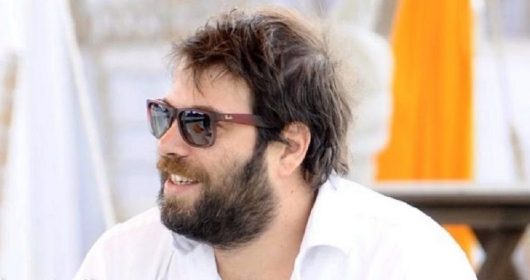Top Ten Military Generals of All Time
Man’s desire of power has shaped the history. The world has seen the rise and fall of several ingenious leaders who contributed immensely to make the world the place it is today. While some of them were deemed as despot to the mankind, one can definitely not undermine their bravery. These ten military generals have stood the test of time and their deeds are remembered till date. Read on to find out more about their achievements.
1. Alexander the Great
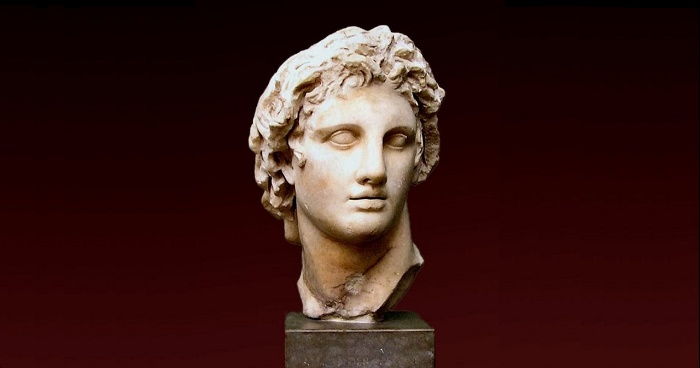
https://www.youtube.com/watch?v=ORrtZbEMbwY
A descendant of the Agread dynasty, Alexander the Great, inherited the throne of Macedon, an ancient Greek kingdom at the young age of 20. The pupil of Aristotle, however, showed great prowess as a ruler and led his armies far and wide to the end of the known world, never once losing a battle. He set on a quest to conquer the world and decimated anyone who stood in his path. It’s true that he had inherited a fine army from his father, but he built it into an exemplary one with his military genius. Not only did he use the finest breeds of horses in his cavalry, he also inducted weapon specialists and engineers into his troops. He made many strategic alliances thus adding to the strength of his massive army. Alexander was himself an expert strategist and displayed an incredible ability to improvise in perilous situations. It was highly unfortunate that the talented ruler died at the age of 32, from malaria. But he was arguably the most secular ruler in history who had a liking for bravery and courage.
2. Tran Hung Dao
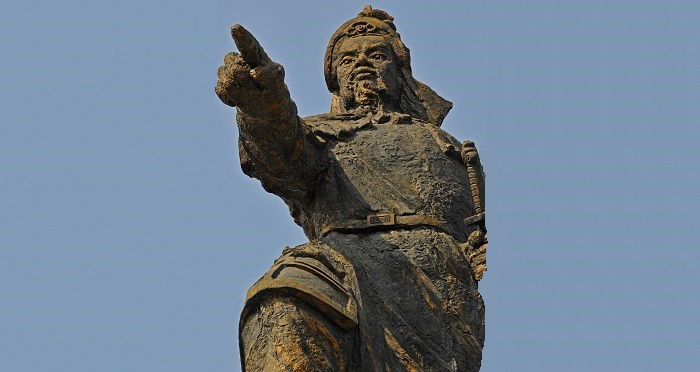
https://commons.wikimedia.org/wiki/File:Statue_of_Tran_Hung_Dao,_Ho_Chi_Minh_City,_Vietnam.jpg
Tran Hung Dao, hailing from the Tran Dynasty, was the Supreme Commander of Vietnam. While the Tran dynasty was busy strengthening their hold in the Vietnamese kingdom by eliminating other political factions, the Mongols under the leadership of Kublai Khan were gaining power in Central Asia and Eastern Europe. After conquering Dali, the Mongolian army marched towards Song and demanded free passage through the land of Vietnam. Smelling foul the then Tran ruler Tran Thai Tong declined such demands leading to the first Mongol invasion of Vietnam in 1258. The huge Mongolian forces were no match for the strategies of the Tran rulers and were defeated. By 1280s Tran Hung Dao had become the commander in chief of the Vietnamese army and it was under his able supervision that they were able to thwart the mighty Mongols twice. The military general allowed the opposing forces to enter the city and then launched counter-offensive tactics against them. He would tire out the Mongols by using guerrilla warfare techniques and then take advantage of the opponent’s weaknesses. However apart from his expert military strategy, what made Tran Hung Dao a hero in the Vietnamese culture was his ability to unite the entire nation to stand together against the invaders.
3. David IV of Georgia
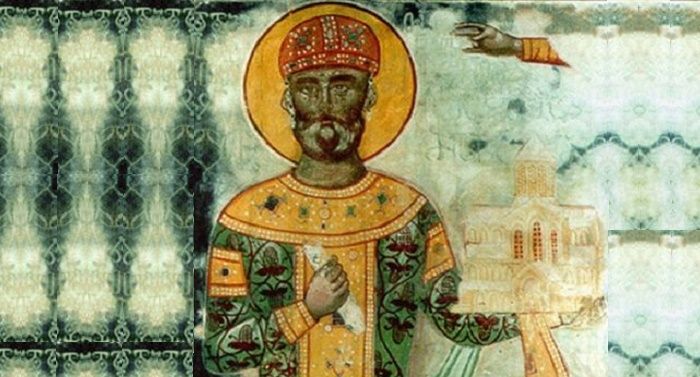
https://commons.wikimedia.org/wiki/File:Davit_Agmashenebeli.jpg
David IV of Georgia, popularly known as David the Builder was a descendant of the Bagrationi dynasty. Considered among the most powerful and successful Georgian rulers, David was responsible for the elimination of the Seljuk Turks from the country. David inherited the throne when he was barely sixteen. Despite his age he was well aware of the political situation in the country and his tutor George of Chqondidi was instrumental in his rise as a powerful ruler. He single-mindedly focussed on improving the internal administration by putting the feudal lords to task and handing more power to the state. Then he set about reforming his army and embarked on the mission of ousting the Turks from Georgia by defeating them in the Battle of Didgori. It was under his able leadership that Georgia emerged as the most powerful state in entire Caucasia.
4. Napoleon Bonaparte
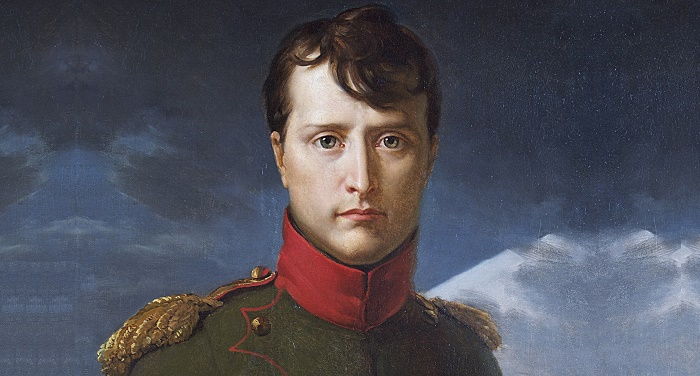
https://commons.wikimedia.org/wiki/File:Bonaparte_premier_Consul_G%C3%A9rard_Chantilly.jpg
Labelled as a dictator, Napoleon Bonaparte was a military general who had almost the entire European continent under his banner. Hailing from the island of Corsica, a great soldier, his military prowess allowed him to swiftly work his way to the top during the French Revolution of 1789. He eventually named himself the ruler after acceding power in 1799, following a coup d’état. Napoleon Bonaparte used his expertise as a strategist to fulfil his ambitions of conquering Europe. However, as he succeeded in his mission, he was consumed by vanity, which eventually led to his downfall. After losing to the Russians, he renounced the throne and lived the life of an expatriate. But not one to give up, he once again ascended the throne. However this time it was only for a brief duration. The Hundred Days campaign eventually ended with Napoleon being defeated in the Battle of Waterloo. He spent his remaining life in exile in the island of Saint Helena. Though history portrays him as a tyrant, he was unarguably a brave soldier and believed in the ideals of liberty, equality, and brotherhood. The code of law charted out by the great military leader, forms the basis of legislation in most of the Western world.
5. Hannibal Barca
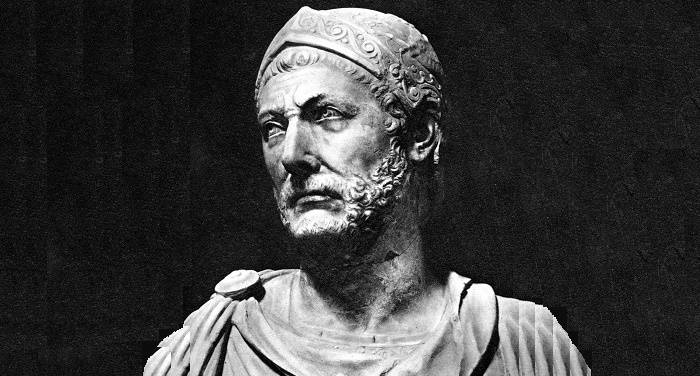
https://commons.wikimedia.org/wiki/File:Mommsen_p265.jpg
A Punic Carthaginian military commander, Hannibal Barca led the army in the Second Punic war against Rome. He travelled across the length of Europe then crossed the Alps to reach Rome. He waged a war against the mighty Roman Empire, well aware of the fact that his forces were heavily outnumbered, lacked supplies and weary after a long journey. He banked on his expert strategies that are still revered by present day military generals. The tactics he used were way ahead of his time and even though he lost the war, his name would be remembered by generations.
6. Julius Caesar

https://www.youtube.com/watch?v=J-qkNqSWwbY
Julius Caesar was a general who paved way for the rise of the Roman Empire. Born into the renowned Julian clan his family had friendly relations with the members of the Roman Republic. Caesar rose through the ranks of the Senate and sometime in between 61-60 BC, he was instated as the governor of Spain. He then made a pact with Pompey and Crassus, an alliance which would contribute significantly to the changing political scenario. Julius was then named the governor of Roman Gaul, in which capacity he annexed the kingdoms of France and Belgium to the Roman Empire. After the death of Crassus, Julius went to war with Pompey. At this Pompey sided with the nobility, who opposed the rise of Caesar and thus started the Civil War. Owing to his military tactics he was able to drive his enemies out of Italy. With Pompey out of the picture, Caesar assumed the title of the dictator, thus making him the first ruler of the Roman Empire. Though his term was cut short by his assassination a year later, his rule was pivotal in reforming Rome.
7. Genghis Khan
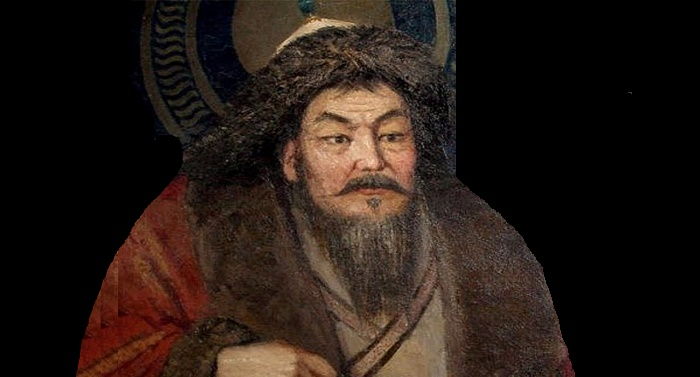
https://www.youtube.com/watch?v=pDyece8CQF8
Genghis Khan was a Mongol leader who brought together the bickering nomadic tribes of the Mongolian tribes and established what would be known as the largest land empire in history. The tribes who were earlier busy fighting against each other were now feared by even the greatest of armies. Genghis Khan was a survivor since his early ages; his family was disbanded from their clan and stranded on the Mongolian plains to die. But the family survived and he rose to prominence among those who had once looked down on him. He moved his forces to attack the powerful territory of Xi Xia of China. He led his army to victory despite the alien terrain and being outnumbered. His success story did not end there; he even went on to defeat the rulers of the Chin dynasty, the Kara Khitan Empire, Kwarizmian Empire, Volga Bulgars and the Russians. It is rumoured that the leader was a great judge of character and would handpick generals for his inner circle and would stop at nothing to attain what he wished for. From nothing to the frontrunner of the largest empire, his achievements as a military leader were unrivaled.
8. Võ Nguyên Giáp
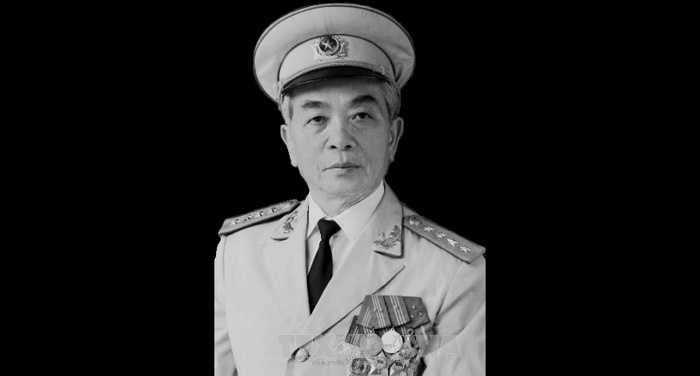
https://www.youtube.com/watch?v=2Lrf8p7DzYE
An iconic figure in the history of Vietnam, Võ Nguyên Giáp was a general in the Vietnam People’s Army. Giap had inherited nationalism from his father and was involved in revolutionary activities against the colonial regime of the French. After leading a life of exile in China, he returned to Vietnam and started gathering an army for the liberation of Vietnam. Finally in 1944, he was named the commander of the Vietnam Liberation Army. Under his able leadership the Viet Minh resistance was successful in obstructing the Japanese from occupying their country. He also defeated the French and American forces during the First Indochina War and the Vietnam War respectively.
9. Khalid ibn al-Walid
Khalid ibn al-Walid was one of the two generals who fought alongside prophet Muhammad in his conquest to spread Islam far and wide. Though Khalid and Muhammad had conflicting interests, the former eventually adopted Islam and pledged his allegiance to the Prophet. It was the conquest of Mecca where Khalid ibn al-Walid fought besides Muhammad. Even after the demise of Muhammad, Khalid continued to extend his support to the successors Abu Bakr and Umar in their invasion of Iraq followed by Syria. He then succeeded in keeping the Byzantine forces in check and was triumphant in subjugating Damascus. The Byzantines then launched an attack which he was able to deflect after the Christian Arab, Armenian, and some other affiliates of the Byzantinian Empire abandoned them. In the battle which ensued he decimated as many as 50,000 members of the opposition, thus charting the path of Islamic propagation.
10. Nguyen Hue
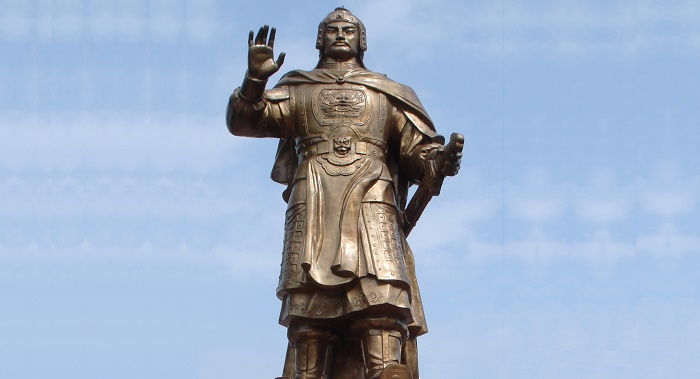
https://commons.wikimedia.org/wiki/File:Quang_Trung_statue_02.jpg
Nguyen Hue was the second ruler of the Tay Son Dynasty of Vietnam. He was ruthless in his endeavors and is counted as the most successful military leaders in the country. Nguyen came to power by overthrowing the Le dynasty and successfully routing the feudal houses of Nguyen and Trinh, thus ending any further competition. He motivated his soldiers to cover a distance of more than 600 km between Hue and Ha Noi in a span of three days. Also, he defeated a massive Chinese army consisting of 200,000 soldiers in one day. He was also responsible for thwarting invasions by the Thai and French. The latter possessed sophisticated naval warships but Nguyen was successful in overpowering them. He was undefeated at the time of his death, at the age of 40.

